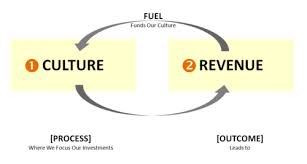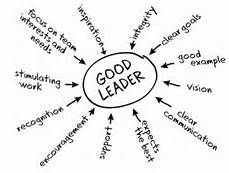In Vistage, and amongst leaders in general, we talk a lot about accountability. We use terms like “we need to hold them accountable”, or “we need to hold ourselves accountable”.
One of our speakers, Balaji Krishnamurthy, often talks instead about co-accountability and how this practice is directly tied to producing results. The concept is simple. Members of a team, an organization, or even a Vistage group, are accountable to each other, to respect the values and agreements they have with each other. And, they call each other out for non-compliance. In short, the members of the team, take full responsibility for governance.
The concept is simple, everyone nods their head in agreement and… the execution is hard.
This co-accountability can happen in two ways:
- Balaji says the most effective way is in the moment, in the meeting.
- Option 2 is for members of the team to have a conversation outside the meeting, again, soon after the event.
Yikes, some say, ….
- Is anyone really going to step up and call someone out in a meeting?
- Isn’t it the leader’s responsibility to deal with issues?
- Is this a practice that only works in certain types of cultures?
And, in a co-accountable culture, what is the leader’s role?
- Is it to open up space for the feedback?
- Is it to give the feedback first?
- Is it to encourage those who are willing to speak up and ensure positive consequences for taking this risk?
Finally, can this work in all cultures?
I will leave you with a story I heard recently from a friend about how this works at Southwest Airlines, an organization where results are legendary in a collegial culture that is also legendary.
My friend who told me this story is retired from a 20+ year career in the airline industry. At the time, she was an airport manager for one of the large airlines. Someone on her team discovered and reported to her that a Southwest employee was using, and reusing, a meal voucher for this large airline. My friend handled it the normal way, she reported it to the Southwest manager. A few days later, a couple of the employees from Southwest, not the manager, came over to my friend and said “We heard about what happened with the meal voucher. We want you to know this is not acceptable behavior for a Southwest employee. We have dealt with the situation and we sincerely apologize. You can rest assured it will not happen again and the money will be repaid”. Wow, my friend said, I can’t imagine this happening at any other airline, not then, not now.
I wonder, what results we would see if each of us as leaders began to foster co-accountability in a manner consistent with the other tenets of our culture.
Elisa K. Spain













 The initial results of my Pivot are excellent. I feel I have much greater clarity regarding the next 3-5 years..
The initial results of my Pivot are excellent. I feel I have much greater clarity regarding the next 3-5 years..  John Yerger
John Yerger